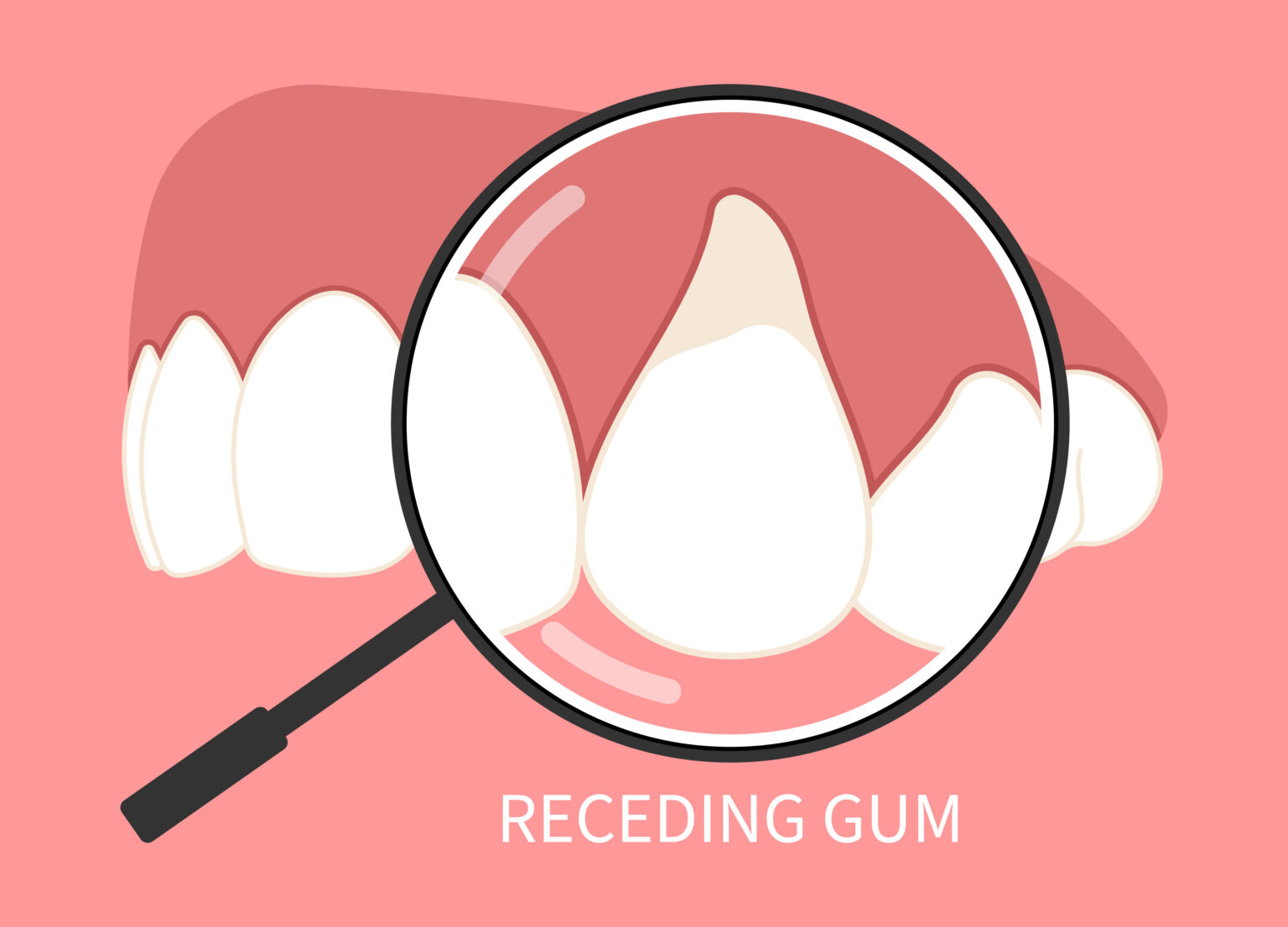8 Toothache Solutions To Ease Pain

The throbbing ache of a toothache can be debilitating, disrupting daily life and making even the simplest tasks a chore. Toothaches can stem from a variety of issues, including cavities, gum disease, cracked teeth, or an abscess. While the best course of action is always to consult a dentist for proper diagnosis and treatment, there are several toothache solutions that can provide temporary relief from the pain. Understanding these solutions can help individuals manage their discomfort until they can receive professional care.
Understanding Toothaches
Before diving into the solutions, it’s essential to understand the underlying causes of toothaches. Toothaches often result from problems that irritate the pulp, the innermost part of the tooth containing nerves and blood vessels. The pulp can become irritated due to various factors, including deep cavities, cracks in the teeth, or gum disease. Identifying the cause of a toothache is crucial for determining the most effective treatment approach.
1. Salt Water Rinse
One of the simplest and most effective toothache solutions is a salt water rinse. Dissolving a teaspoon of salt in a cup of warm water and swishing it around the mouth several times before spitting it out can help reduce swelling and ease pain. This method is particularly useful for abscesses or gum infections, as it helps clean the area and reduce bacteria.
2. Cold Compress
Applying a cold compress to the outside of the cheek near the aching tooth can help numb the area, reducing pain. This method works by constricting the blood vessels, which can help alleviate swelling and ease the pain temporarily. It’s essential to wrap the ice or cold pack in a cloth to avoid direct contact with the skin, which could cause discomfort.
3. Pain Relievers
Over-the-counter pain relievers like acetaminophen (Tylenol) or ibuprofen (Advil, Motrin) can be effective in managing toothache pain. Ibuprofen has the added benefit of reducing inflammation, which can be particularly useful if the toothache is caused by swelling. However, it’s crucial to follow the recommended dosage on the packaging to avoid any adverse effects.
4. Clove Oil
Clove oil, or eugenol, has been used for centuries as a natural remedy for toothache pain. It has analgesic and anti-inflammatory properties that can help numb the area and reduce swelling. Applying a few drops of clove oil to a cotton ball and placing it against the tooth can provide quick relief. However, it’s essential to use clove oil carefully, as it can be irritating if used excessively.
5. Hydrogen Peroxide
Rinsing with hydrogen peroxide can help kill bacteria and reduce pain and inflammation. Mixing equal parts hydrogen peroxide and water and swishing it around in the mouth can provide relief. However, this method should be used sparingly, as excessive use can damage the teeth and gums.
6. Orajel or Anbesol
Topical anesthetics like Orajel or Anbesol can be applied directly to the tooth and surrounding gum with a cotton swab. These products contain benzocaine, which numbs the area, providing temporary pain relief. They are particularly useful for quick relief but should not be used excessively or as a substitute for dental care.
7. Desensitizing Toothpaste
For toothaches caused by sensitivity, using a desensitizing toothpaste can be beneficial. These toothpastes contain ingredients like potassium nitrate that help block the dentinal tubules in the teeth, reducing the sensitivity that can lead to toothache pain.
8. Dental Cement
In cases where a toothache is caused by a lost filling or a small crack in the tooth, using dental cement can provide temporary relief. Dental cement can help protect the pulp and reduce sensitivity. However, this is a temporary fix and should be followed up with a dental visit as soon as possible.
Conclusion
While these toothache solutions can provide relief from pain, they are not a substitute for proper dental care. It’s crucial to visit a dentist as soon as possible to address the underlying issue causing the toothache. Regular dental check-ups and maintaining good oral hygiene practices can help prevent many toothache causes, ensuring a healthier, pain-free smile.
FAQ Section
What are the most common causes of toothaches?
+The most common causes of toothaches include cavities, gum disease, abscesses, and cracked teeth. These conditions irritate the pulp, leading to pain.
How can I prevent toothaches?
+To prevent toothaches, practice good oral hygiene by brushing your teeth at least twice a day, flossing once a day, and visiting your dentist for regular check-ups and cleanings. Avoid sugary foods and drinks, and never use your teeth as tools.
When should I seek immediate dental care for a toothache?
+Seek immediate dental care if you experience severe toothache pain, swelling of the face, fever, or difficulty breathing. These could be signs of a serious infection that requires prompt treatment.

